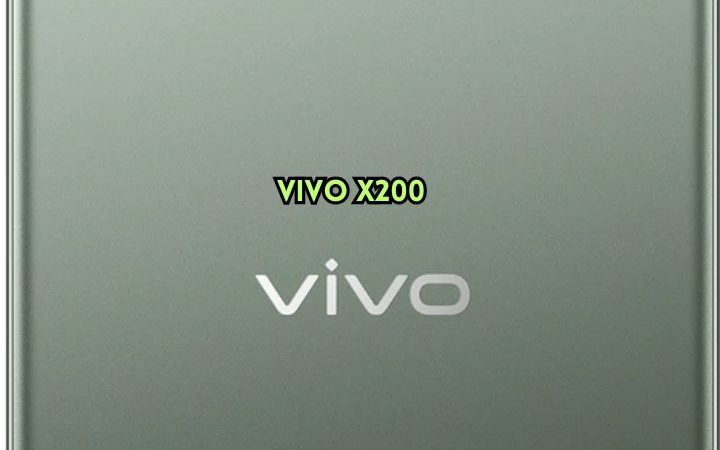Building Rapport with Clients: What it is and How to Master
The success of any business hinges not only on its products or services but also on the relationships it establishes with its clients. While many people think that success in business is all about the right strategy or having the latest sales closing techniques, the foundation of enduring client relationships is building a strong rapport.
Building rapport doesn’t only make business interactions smoother but also encourages trust, loyalty, and more organic referrals. It’s about understanding, connecting, and genuinely caring about your client’s needs and concerns.
What is Rapport?
Rapport is a relationship characterized by mutual understanding, trust, and alignment. It’s that feeling when you meet someone, and you just “click.” In business, this connection can make all the difference in the world. Building rapport creates a conducive environment for communication, fostering a genuine bond between you and your clients.
Why is Building Rapport Important?
- Creates Trust: Trust is the bedrock of any lasting relationship. When clients trust you, they are more likely to return for repeat business, refer others to you, and be more forgiving when occasional hiccups occur.
- Encourages Open Communication: When you share a strong rapport with your clients, they feel comfortable discussing their needs, concerns, and feedback, providing you with valuable insights to serve them better.
- Differentiates You from Competitors: In an age where many products and services are becoming commoditized, the depth of your relationship can set you apart.
Now that we understand the importance of rapport, let’s explore how you can build and strengthen it.
How to Build Rapport with Clients
1. Active Listening
Active listening goes beyond hearing the words spoken. It involves paying full attention, understanding, and then providing thoughtful responses. According to MindTools, active listening involves fully concentrating, understanding, responding, and remembering what the other person says. This makes clients feel valued and understood.
2. Empathy and Understanding
Understanding a client’s perspective and showing empathy can go a long way in establishing rapport. By showing clients that you genuinely care about their concerns and are willing to step into their shoes, you’re building a bond that goes beyond transactional interactions.
3. Share Personal Stories
Humans connect with stories. Occasionally sharing a relevant personal anecdote or experience can make interactions more relatable and less robotic.
4. Be Genuine
Clients can sense when you’re being insincere. It’s always best to be yourself. Authenticity can’t be faked, and clients appreciate real interactions.
5. Consistent Communication
Regularly check in with your clients. This doesn’t mean pushing for a sale every time, but rather showing interest in their ongoing needs and concerns. A simple message asking how they’re doing can make a significant impact.
6. Admit Mistakes and Fix Them
Nobody is perfect. If you make a mistake, own up to it and take steps to rectify it. Clients respect accountability.
7. Knowledge is Power
While rapport is essential, it’s also crucial that you know your products or services inside out. Clients respect professionals who can provide them with insights, answers, and solutions promptly.
Tips for Maintaining Rapport
Building rapport is just the first step. Maintaining it requires consistent effort.
- Respect Their Time: Always be punctual for meetings and respect the agreed-upon time frames.
- Personalize Interactions: Remember personal details or past discussions. Use them to personalize your interactions.
- Feedback Loop: Regularly seek feedback. It helps improve your offerings and shows clients that you value their opinion.
- Provide Value: Regularly share articles, insights, or tools that can benefit them. For example, sharing an article from Harvard Business Review on improving business processes might be appreciated.
- Celebrate Milestones: Remember important dates like the anniversary of your collaboration or other milestones. A simple congratulatory message can cement your relationship.
Navigating Cultural Differences
In today’s global marketplace, businesses often find themselves interacting with clients from diverse cultural backgrounds. Understanding and navigating these cultural nuances is crucial in building rapport. For instance, certain gestures or phrases that might be perfectly acceptable in one culture could be considered impolite or even offensive in another. By investing time in understanding the cultural norms and values of your clients, you demonstrate respect and thoughtfulness. This not only helps in avoiding potential pitfalls but also enriches the overall business relationship with a broadened perspective.
The Power of Non-Verbal Communication
Much of our communication, believed to be over 60%, is non-verbal. This includes facial expressions, body language, tone of voice, and even the space we maintain during conversations. By being conscious of our non-verbal cues and learning to read those of our clients, we can create a more harmonious and understanding environment. For example, maintaining eye contact (where culturally appropriate) indicates attentiveness and sincerity, while mirroring the body language of the person you’re speaking with can create feelings of similarity and connection.
The Role of Technology in Building Rapport
With the rise of digital communication tools, businesses now have multiple channels to connect with clients. Tools like video conferencing software allow face-to-face interactions even when miles apart, helping in building and maintaining rapport. However, it’s essential to use these tools effectively. Regular video calls, for instance, can bridge the gap created by physical distance, allowing for more personal interactions. Furthermore, using instant messaging for quick check-ins or updates can keep the lines of communication open, making clients feel connected and valued.
Addressing and Resolving Conflicts
Conflicts are an inevitable part of any business relationship. However, the way they are managed can make or break the rapport you’ve worked hard to build. When conflicts arise, approach them with an open mind and a problem-solving attitude. Avoid laying blame or becoming defensive. Instead, listen actively to your client’s concerns, validate their feelings, and work collaboratively towards a solution. Demonstrating maturity and professionalism during such challenging times not only resolves the immediate issue but also deepens the trust and rapport between you and the client.
In conclusion, while many professionals spend countless hours refining their sales closing techniques, it’s essential to remember that the foundation of any successful business relationship is rapport. Rapport is not a strategy; it’s a genuine connection and understanding between individuals. By focusing on building and maintaining strong rapport with clients, businesses can enjoy long-term relationships that yield loyalty, trust, and consistent growth.





